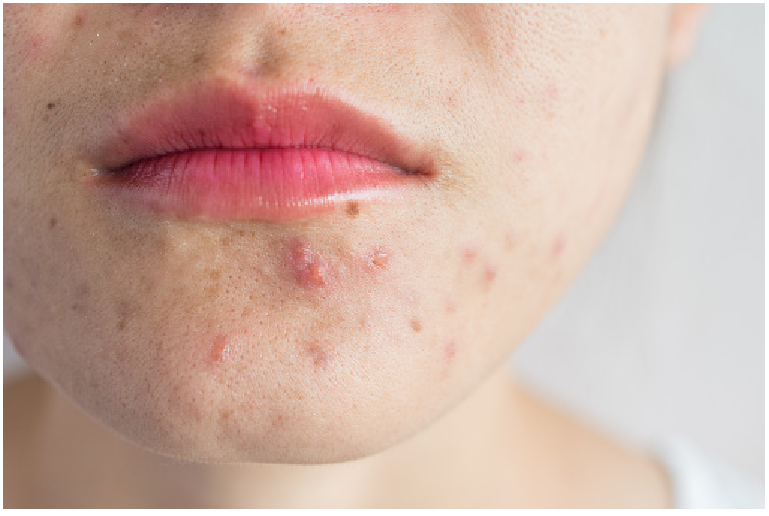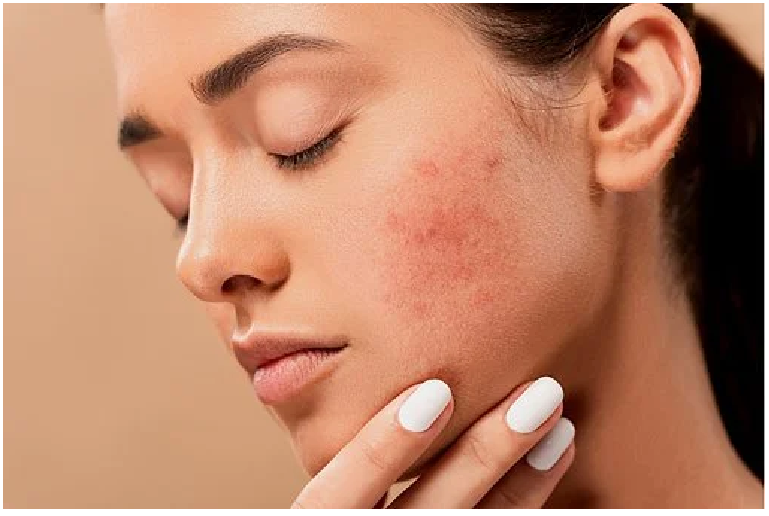7 Effective Substances for Acne Treatment
Acne is a common skin condition that can be very frustrating to deal with and can escalate quickly, too. There is no doubt that if you ask 100 random people about their acne treatments, you’re going to get different answers. This is quite understandable because acne can be the product of a myriad of different health conditions, not to mention the diet and habits of individuals. In an effort to help you battle acne on all fronts, we’ve gathered a list of the 7 most effective substances used in acne treatment.
1. Benzoyl Peroxide
Benzoyl peroxide is one of the few substances that have a wide range of effects when it comes to treating acne. It’s the ingredient of many treatments thanks to its well-tolerated effect on different types of skin. You shouldn’t expect it to suddenly heal your skin and banish acne on the first day; it may require a few days of constant use before it shows any visible results. If you’re shopping for skincare products, make sure that benzoyl peroxide is mentioned on the labels.
Avoid using too much because stronger doesn’t necessarily translate to quicker treatment. A high dose can come with some unfavorable side effects. Avoid using products that have more than 5% benzoyl peroxide per content. The mechanism of action is similar to an antiseptic, as it can reduce the total number of harmful bacteria on the skin’s surface.
2. Retinol
Retinol is quite a popular substance in anti-aging skincare products. It also happens to be an effective ingredient in many acne treatment regimens, in addition to its scar-healing benefits. Retinol is only a single member in a family of chemical compounds known as retinoids.
Even though they all originally come from vitamin A, they are completely different compounds that have similar structures. Retinol is one of the popular alternatives to Neosporin, which has been proven to be ineffective in treating acne due to bacterial resistance, so you might want to reconsider using Neosporin for acne and opt for retinol instead. Retinol’s effect is most pronounced on the skin’s outermost layer; it exfoliates it, removing dirt, debris, and harmful oils that can be blocking the pores.
This ensures that the formation of pimples is hindered. The small size of retinol molecules allows it to easily penetrate the skin until it reaches the middle layer, i.e, the dermis, stimulating the body’s production of compounds that combat the formation of acne.

3. Moroccan Clay
Clay, in its pure form, can be used as a face mask to extract impurities from the deepest layer of your skin. According to dermatologists, they’re also a much safer alternative to harsh exfoliators, including homemade recipes, seeing as the latter can cause tears in the skin and age the skin harshly in the long run. On the other hand, clay treatments deeply cleanse your skin without any harsh scrubbing.
They also work on temporarily decreasing sebum production, as long as you use the treatment as consistently as two to three times a week. It can also be coupled with your prescribed or OTC acne medication.
4. Salicylic Acid
Yet another effective active ingredient that you’ll find in many over-the-counter medications is salicylic acid. It’s a strong exfoliant that penetrates the deepest layers of your skin and works to clear the hair follicles. This is why it’s also a great treatment for body acne, razor bumps, and folliculitis, which can result from over-shaving or using contaminated or blunt razors.
Because this active ingredient is related to aspirin, it has anti-inflammatory properties that can have soothing effects on inflamed pimples. The recommended dose is usually 2 percent of salicylic acid in your OTC ointment.
5. Glycolic Acid
Famous for its bond-breaking effect on the outermost layer of skin, glycolic acid is a pretty popular substance for treating acne. The mechanism of action of this substance constitutes breaking the bonds between healthy skin cells and unhealthy ones, such as dead skin cells.
This creates a peel-able layer that can be removed, taking with it a lot of harmful bacteria, dirt, and debris, leaving you with only smoother and even skin. The reason it’s actively used in acne treatment is that it is a great pore unclogger.
Removing all the gunk and oils that can be stuck in skin pores will certainly reduce inflammation that can lead to acne formation. Glycolic acid also has other miscellaneous effects on the outer skin layer, such as retaining moisture, which is specifically useful for acne-prone individuals that are heavily affected by dryness.
6. Alpha-Hydroxy Acids
Found in various foods like citrus, tomatoes, apples, and others, Alpha hydroxy acids are a group of natural acids that are quite abundant around us. They are not only used to treat acne but also for various skincare conditions, such as dry skin and aging signs.
A lot of skincare products that contain alpha-hydroxy acids do not mention the exact concentration of the compound, so for your own safety, always opt for products that mention the concentration on the label. The mechanism of action is fairly simple yet quite effective; it removes the top layer of dead skin cells that cover the skin.
This, in turn, increases the skin thickness, especially in the middle and deeper layers of skin. Aside from the exfoliation of acne-prone skin, it can help the skin brighten up and become more radiant.
7. Sulfur
Famous for its rotten-eggs smell, sulfur is a very effective ingredient at drying pimples. Even if the pimple is at a late-stage and filled with pus, it will work efficiently to dry it up. Sulfur works by sucking up bad oils that can clog the pores.
It’s often used with other ingredients to maximize efficiency and to remove some of its horrible smells. It’s abundant in facial masks and spot treatments; it shouldn’t be hard to get your hands on it. The variety of possible causes behind acne breakouts can overwhelm those who are trying to find the simplest and most straightforward ways to treat their acne.
The good news is that acne is treatable in most cases if you find the right approach. Sometimes acne is a symptom of a serious health condition or a hormonal imbalance, and in this case, your dermatologist will guide you to the best approach to treat the root cause behind your pimples.


















